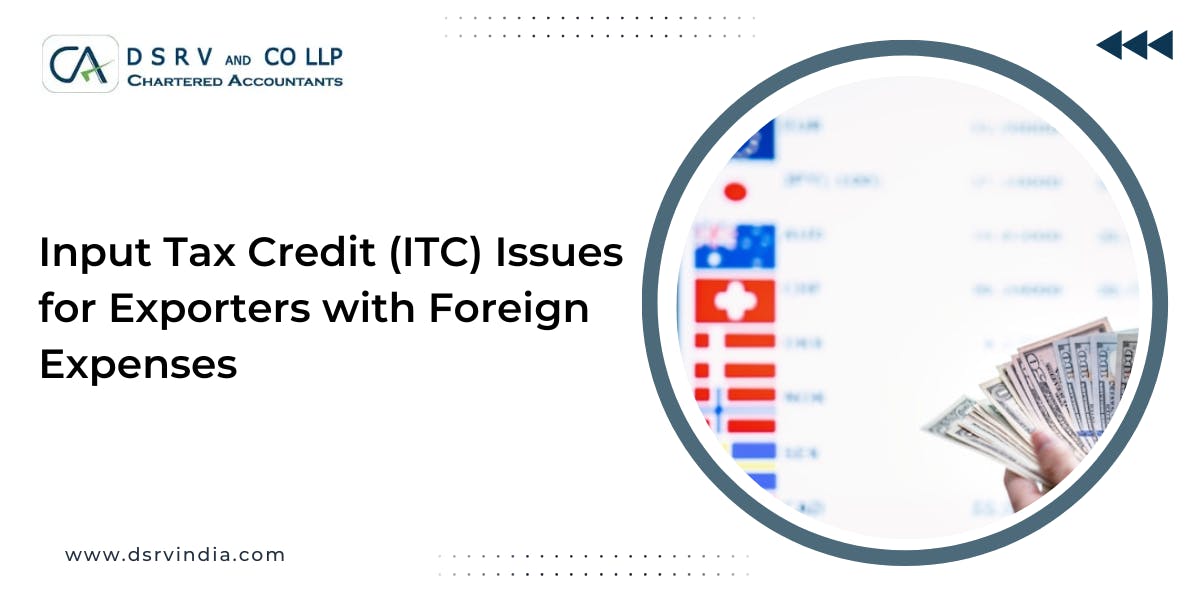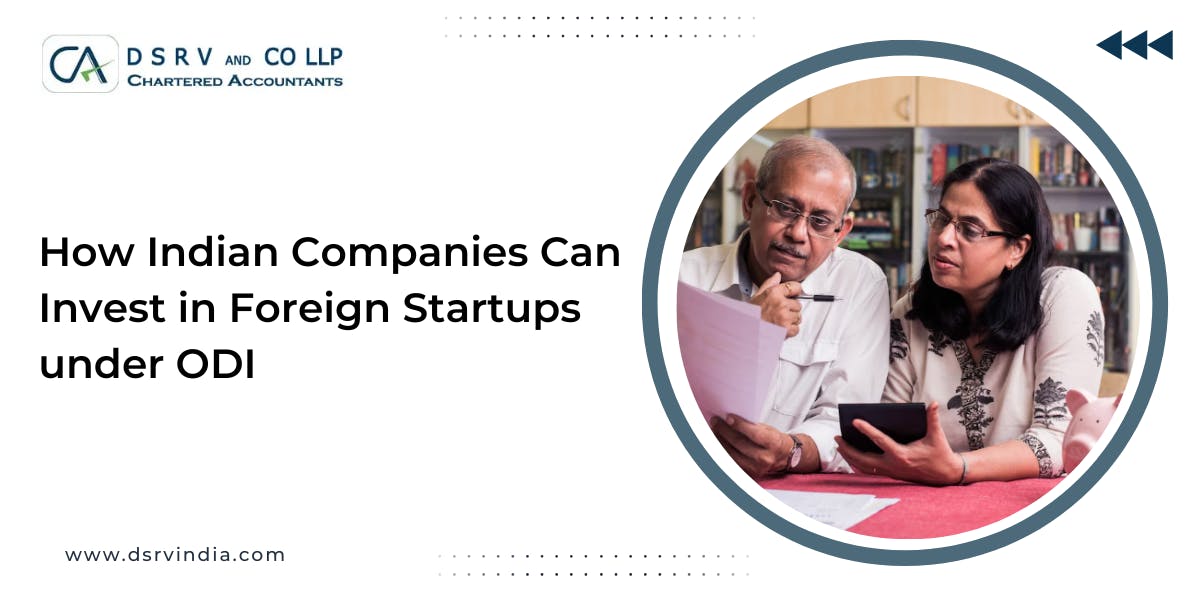ISD, in simple terms, deals with the distribution of ITC for input services. Credit distribution must be undertaken with the same PAN across all business units. The ISD may have multiple branches under the same PAN. Such units need to register as an ISD for availment of credit and distribution of credit to these units to resolve the challenge of the utilisation of accumulated credit. This facilitates effective management of tax credits within businesses while also ensuring compliance with regulatory requirements and optimising resource allocation.
Recommended: Key Considerations For The GST Registration For Startups In India
Benefits of ISD under GST:
ISD’s centralised invoice-maintaining system helps avoid the necessity to generate multiple billings, as all the invoices are sent to the central office. This ensures that input credits are efficiently utilised across all different units and branches, optimising the business’s tax liabilities. It smoothens the process of tax management with efficient credit distribution and ensures that businesses comply with GST regulations.
What conditions does ISD fulfil?
There are conditions which must be fulfilled to be applicable for ISD. The conditions are:
- To distribute input services in different branches, the central office needs the branches to register separately as an ISD. This ensures that the branch operates under GST regulations, with a separate registration.
- GST regulations do not permit the distribution of credits in capital goods. Input and capital goods like machinery or raw materials are not applicable.
- The business must maintain a detailed record of credits received and distributed. Not maintaining accurate records of credits and distribution can lead to issues in tax management.
- The distribution of credits must comply with GST regulations and should be proportional. In places where IGST is applicable, proper allocation of it must also be done.
Read More: The Impact of GST on Corporate Taxes in India: A Comprehensive Analysis
Common Challenges Faced By ISDs:
There are some challenges which ISDs may face. They are listed as follows:
- The accurate distribution of ITC needs to be ensured. It can be challenging to ensure that all ITCs are distributed accurately across all branches.
- There needs to be proper documentation of all credits which have been distributed. It is essential to ensure that there is proper compliance with GST.
- ISDs must regularly check the filing of returns to stay updated on regulatory changes. If not updated, the ISD may have to face legal penalties.
Procedure of Distribution of ITC by ISD:
The distribution of ITC needs to follow rules and regulations under GST to ensure proper allocation of input services of the business:
- The credit distribution needs to be proportionately distributed across all business units. It is based on the return of receipts from each business unit.
- The credit distributed should be based on the input service provided by the business units themselves. The ISD needs to ensure it is related to it.
- All distributions of credits need to be recorded accurately and properly maintained. This helps in ensuring that there is proper compliance with rules.
- The distribution process needs to involve the use of invoices or documents during the allocation of credits. This helps in maintaining the records of credit distribution to all other units.
Manner of Recovery of Wrongful Distribution of Credit under GST Law:
There can be a chance that the process of credit distribution to the ISD faces errors. If so, the recovery process may involve the following steps:
- The business unit must send a notice to the ISD regarding the wrongly distributed credit. The notice must mention the requirement for the recovery of the credit.
- To recover the credit, the process must be reversed where the correct credit distribution is ensured by the ISD.
- The ISD will be penalised for the error and non-compliance with rules of incorrect credit distribution. The business unit will recover the credit once the procedure is complete.
- Measures will be undertaken by the ISD to ensure there are no future errors in the process of credit distribution.
These measures ensure that there is proper accountability and tax management by the ISD.
Conclusion
Input Service Distributors play an important role in tax management and distribution of credits for input services. It helps in ensuring proper cash flow, optimising tax liabilities and making sure there is compliance with laws and regulations. Businesses can benefit from the smooth running of the operations provided by ISD under the GST. This reduces the financial burden on businesses, as there is proper regulation of credit distribution across different business units.
As a business in India, you need to understand how to manage taxes and streamline the operations across all business units. By understanding the key functions, and taking expert guidance from the top income tax consultant in Gurgaon, your business can ensure smooth operations without incurring any losses.







